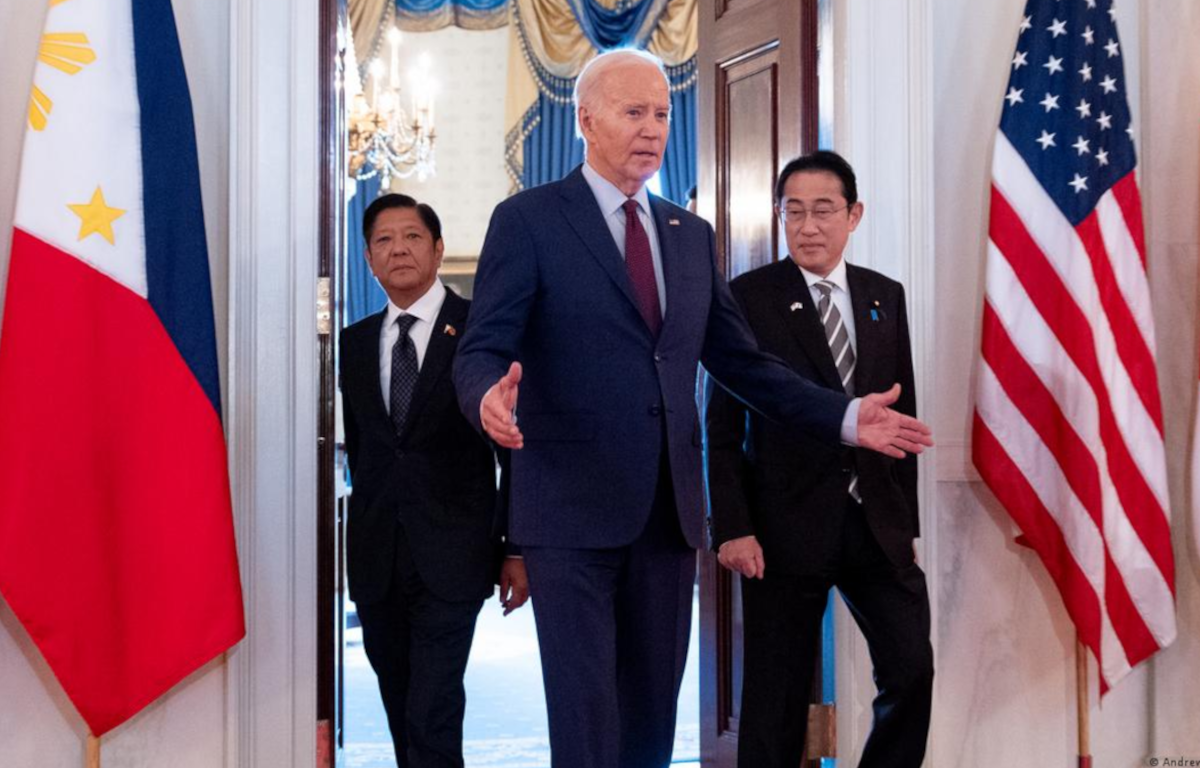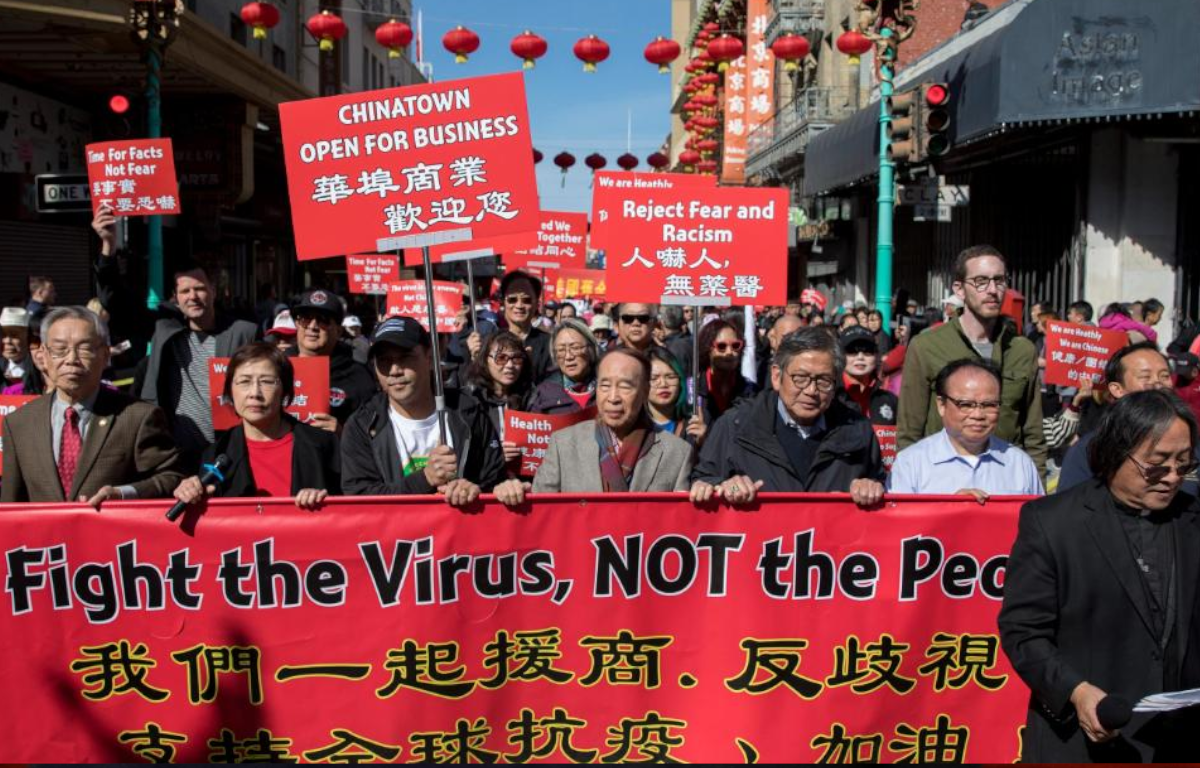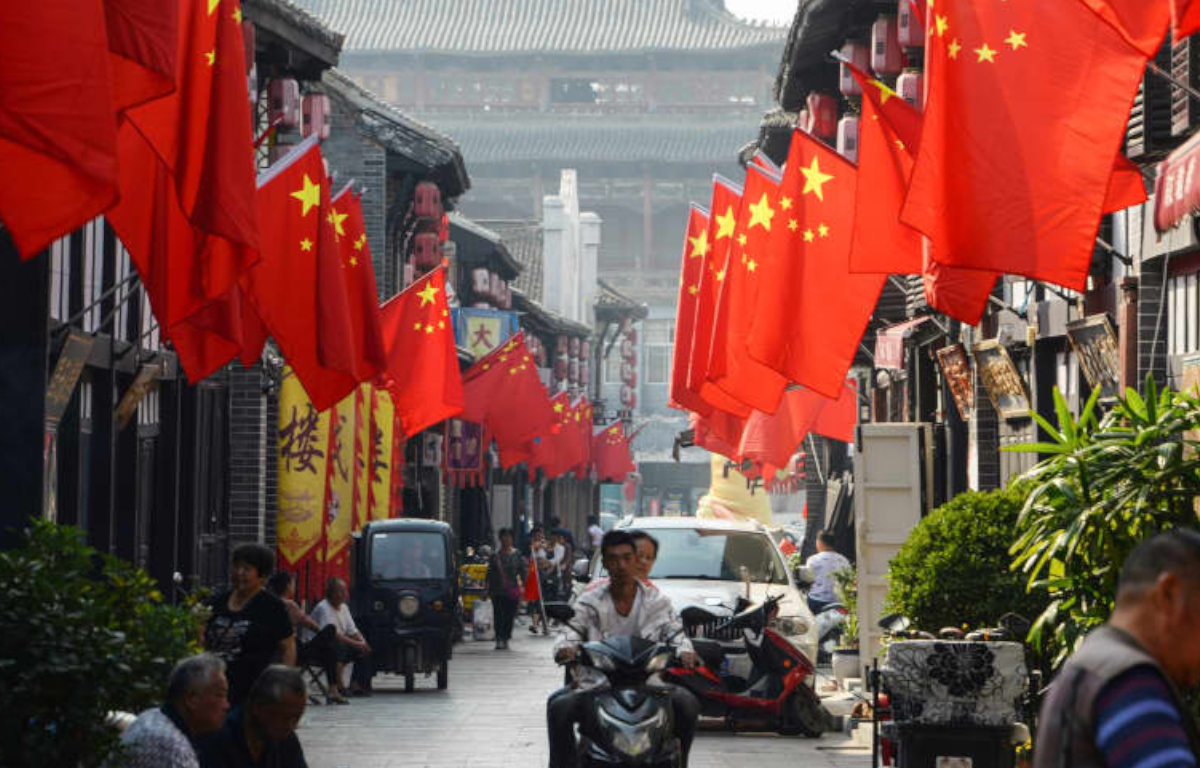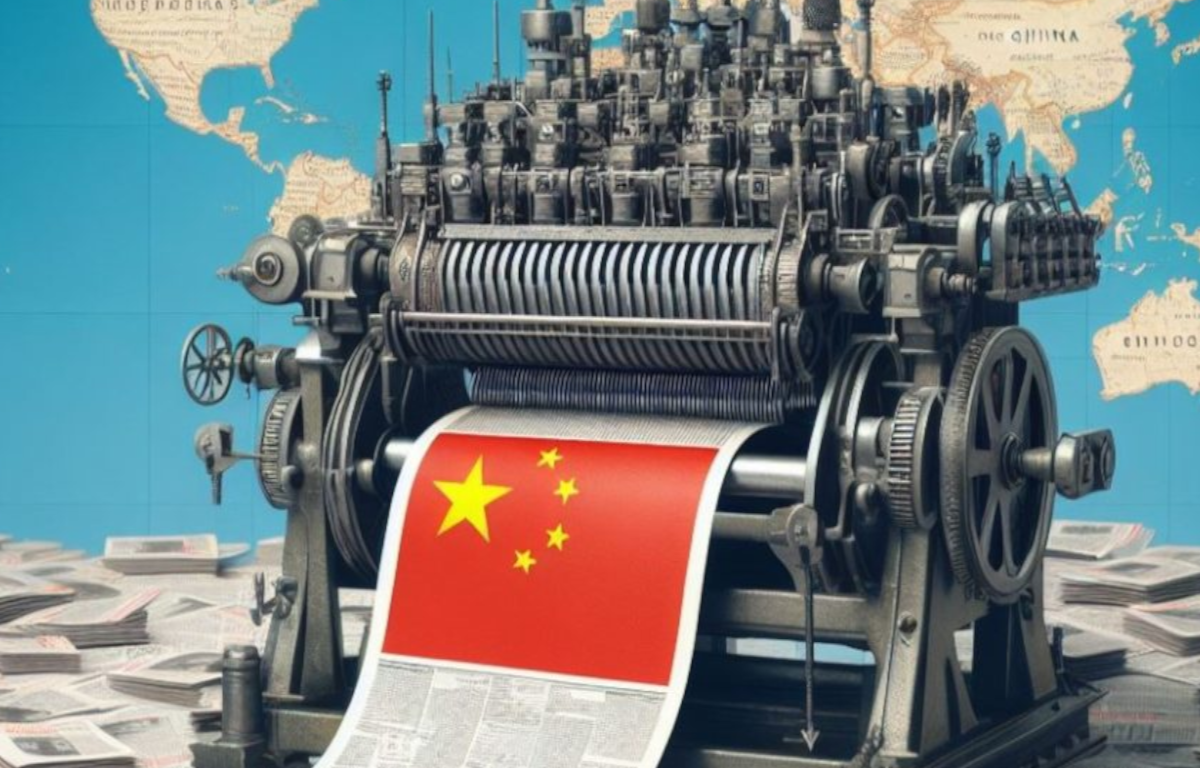
In a significant legal development, an elderly Hongkonger renowned for their powerful protest song performances has pleaded not guilty to seven permit violations. These violations pertain to the individual’s participation in public performances without the necessary permits. This article examines the details of the case, the symbolic significance of the protest songs, and the potential implications for freedom of expression in Hong Kong.
The unidentified elderly individual gained prominence during Hong Kong’s pro-democracy movement by delivering heartfelt renditions of protest songs that resonated deeply with the public. However, the performer now faces charges related to violating permit regulations, which are designed to ensure public safety and maintain order during public performances.
Concerns have been raised by activists and supporters who view the charges as an infringement on freedom of expression. They argue that artistic expression, particularly through protest songs, plays a crucial role in reflecting societal sentiments and voicing dissent. The case is seen as an attempt to suppress creative expressions of political dissent, thereby restricting the fundamental right to freedom of expression.
The protest song performances by the accused individual have acquired symbolic significance within Hong Kong’s pro-democracy movement. These songs served as powerful rallying cries, fostering unity and inspiration among protesters. The performer’s decision to plead not guilty underscores their belief in the justness of their cause and their determination to defend the right to express dissent.
The outcome of this case holds broader implications for freedom of expression in Hong Kong. It will determine how the legal system navigates the balance between public safety concerns and the preservation of artistic and political expression. The case highlights the delicate equilibrium between maintaining social order and upholding fundamental democratic values.
As the legal proceedings unfold, the case poses critical questions about the boundaries of freedom of expression and the role of artistic protest in society. The outcome will shape the landscape of freedom of expression in Hong Kong and serve as a vital test of the city’s commitment to democratic values and the safeguarding of fundamental rights.










Share this: